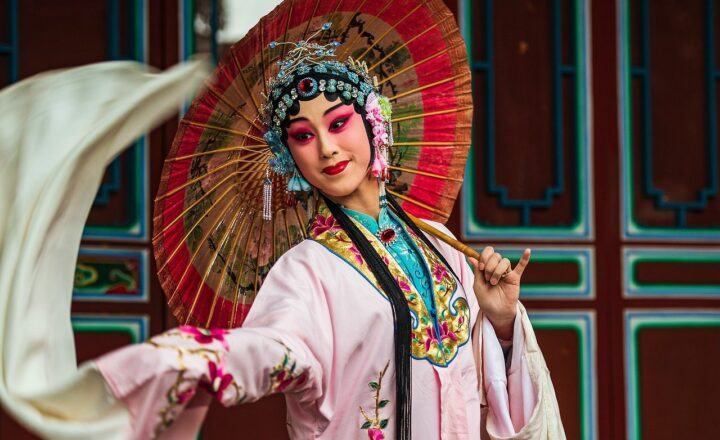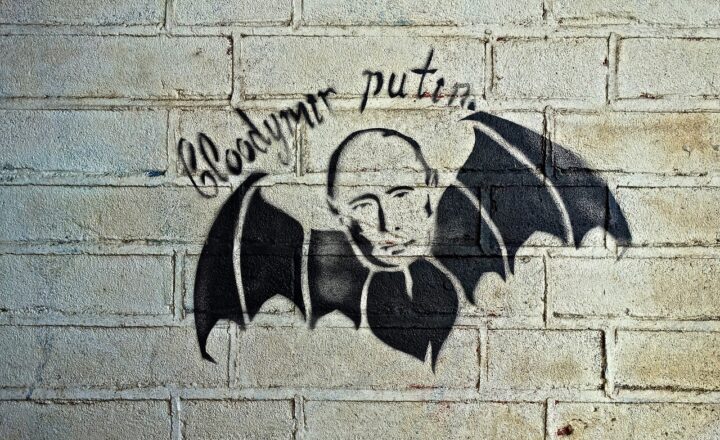The Untold Stories of the 70s: The Decades That Defined Pop Culture
November 18, 2024

The 1970s is often remembered for its vibrant culture, radical changes in societal norms, and a booming entertainment industry that laid the groundwork for modern pop culture as we know it today. From disco fever to the rise of punk rock, this decade was a melting pot of creativity, struggle, and transformation. While many significant events are well-documented, some of the untold stories of the 70s deserve a deeper dive.
1. The Birth of Feminism in the 70s
The feminist movement of the 1960s laid a monumental foundation for the 1970s. However, the decade took it further, pushing for equality in various realms, including the workplace, healthcare, and personal rights. Notably, the establishment of the National Organization for Women (NOW) saw a surge in activism. Women didn’t just seek equal pay; they demanded reproductive rights, leading to the historic Roe v. Wade decision in 1973.
Intertwined with pop culture, the movement was championed by numerous figures, such as Gloria Steinem and Betty Friedan, who used media outlets to disseminate their messages. This shift was significant, as it spurred a vibrant arts scene where women found new ways to express their stories and struggles, impacting television, literature, and cinema.
2. The Jamaica Sound: Reggae Revolution
The music scene in the 70s transcended borders, particularly with the emergence of reggae from Jamaica. Pioneered by artists like Bob Marley, Jimmy Cliff, and Peter Tosh, reggae became synonymous with the Rastafarian movement and carried powerful messages of social justice, struggle, and empowerment. Songs like “No Woman, No Cry” and “Three Little Birds” resonated with people well beyond the Caribbean.
The Boston and London music scenes eagerly embraced reggae, often blending it with rock and punk influences, paving the way for new genres like reggae-rock. The impact of reggae in the 70s laid the foundation for its continual resurgence in subsequent decades.
3. Pop Art and the Rise of the Avant-Garde
The 70s saw the continuation and evolution of the Pop Art movement that had begun in the previous decade. Artists such as Andy Warhol and Roy Lichtenstein continued to innovate by merging popular culture with fine art, challenging traditional views of artistic expression. Warhol’s silkscreen prints, particularly, became a symbolic representation of consumerism.
However, it wasn’t just about established artists; the rise of street art began in 70s New York City. Artists like Keith Haring and Jean-Michel Basquiat started using public spaces to awaken societal consciousness, ushering in a form of artistic activism that continues today.
4. Cinema and the Blockbuster Era
Although cinema has been a part of popular culture since the early 20th century, the 70s marked the rise of the blockbuster era. Films like “Jaws” (1975) and “Star Wars” (1977) changed the way movies were produced and marketed. These cinematic spectacles shattered box-office records, generating a new approach that emphasized franchising films and creating expansive worlds.
However, beneath the surface of commercial success lay a wave of independent filmmakers who sought to tell stories beyond the mainstream. Directors like Martin Scorsese, Francis Ford Coppola, and George Lucas brought grit and realism to the screen, heralding a new era of storytelling that depicted the raw essence of American life. Movies like “Taxi Driver” and “The Godfather” explored complex characters and poignant themes, resonating with audiences seeking depth.
5. The Punk Movement: A Cultural Revolution
The punk rock movement is often romanticized as a counter-culture revolution, yet its roots ran deeper into the issues of class struggle and dissatisfaction with the status quo. The explosion of bands like The Ramones, Sex Pistols, and The Clash mirrored the disillusionment felt by the youth toward societal norms, fostering a DIY (do-it-yourself) ethos.
Punk rock was not just a music genre; it became a lifestyle, encouraging individuality and radical expression. The infamous CBGB in New York became a hub for budding punk bands, inspiring a cultural shift that would influence fashion, art, and attitudes toward authority. Punk’s rebellious spirit can be seen as a direct precursor to later movements in music and culture.
6. Fashion: From the Bottom Up
When discussing 70s fashion, we often think of bell-bottom jeans, platform shoes, and psychedelic prints. However, fashion was also a means of self-expression for the marginalized communities, including the queer community. The decade witnessed the rise of subcultures that embraced diverse identities, utilizing fashion as a tool to challenge conventional norms.
From the flamboyance of the disco era to the bold styles of the LGBTQ+ community, the 70s set the stage for self-acceptance and an exploration of gender. Designers like Halston and Vivienne Westwood brought fresh ideas to the forefront of public consciousness, leading to a sense of liberation that influenced fashion trends in the decades to come.
7. Ongoing Social Change and Activism
From environmental concerns to the fight against the Vietnam War, the 70s continually bridged activism and pop culture. Movements like Earth Day, established in 1970, called for environmental awareness, leading to further activism in subsequent decades.
Protests, rallies, and community organizing became prominent, reflecting a generation eager to effect change. This societal pulse wasn’t just political; it trickled into music, art, and film, where creators addressed pressing issues of their time, reminding us of the power of culture as a catalyst for social change.
Conclusion: The Legacy of the 70s
The 1970s were a transformative epoch that defined the trajectory for future generations in various spheres of culture. Its untold stories weave through the fabric of modern society, resonating with us today. As we dive deeper into this historic decade, we not only celebrate what has been acknowledged but also pay homage to the myriad of voices that shaped our modern world. The staying power of these untold stories continues to influence pop culture, society, and the arts as we know them today. They serve as a reminder of the lessons learned and the insights gained through decades of dynamic change, inspiring future movements and narratives that challenge the norm and seek to create a world that is just and inclusive for all.








